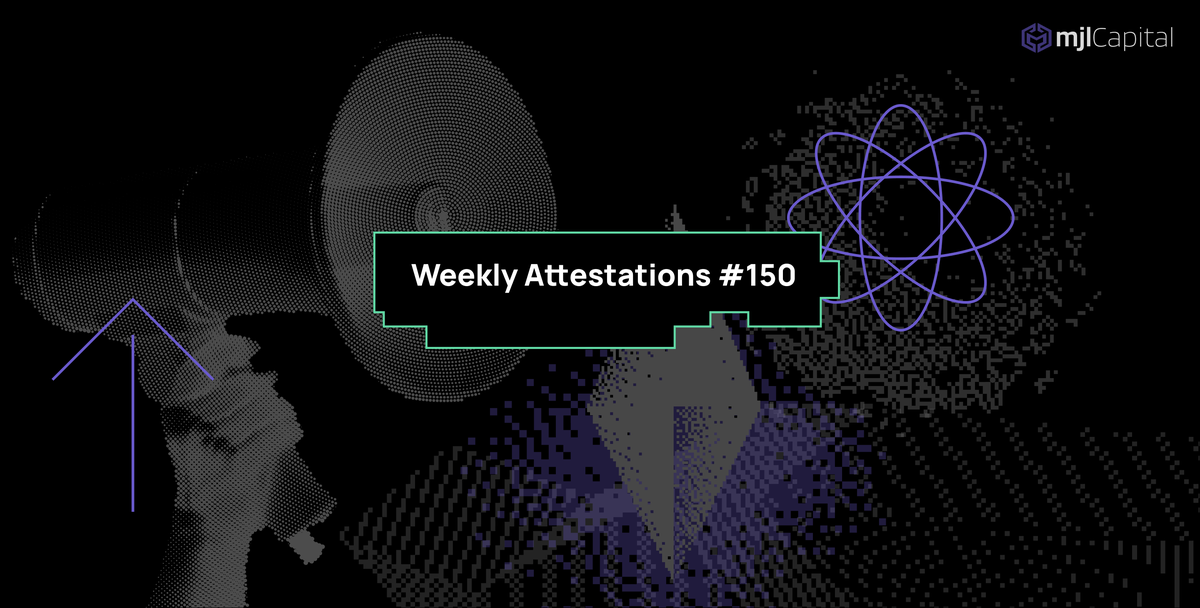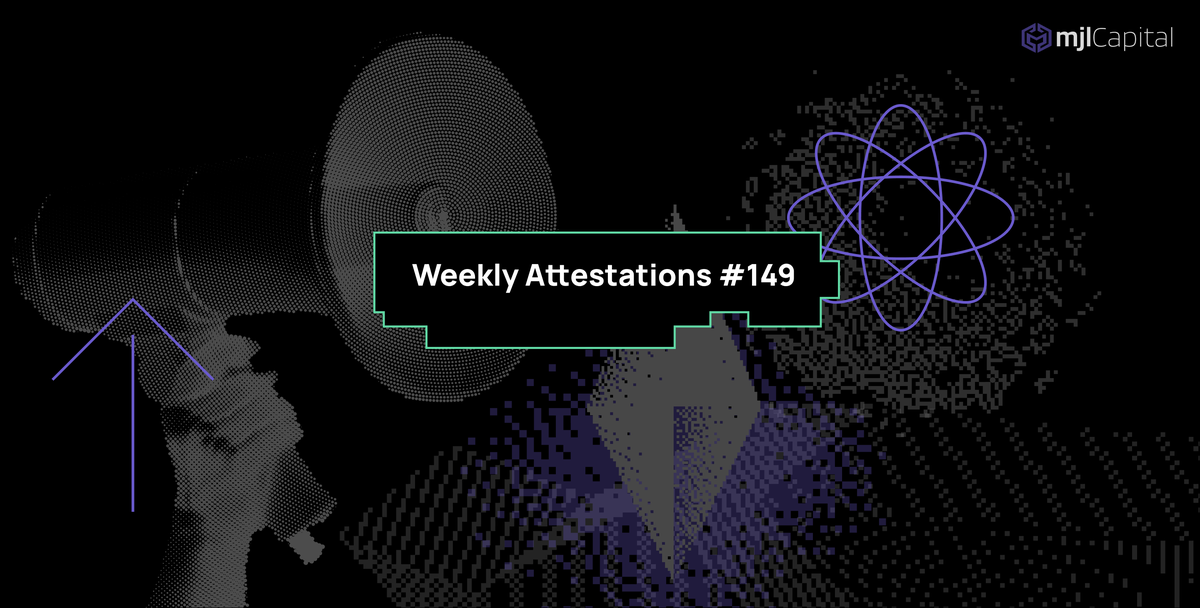Top Stories
Usual Acting UnUsual: Usual Money’s USD0++ Token Drops Amid Exit Strategy Controversy
Usual Money’s liquid staked stablecoin, USD0++, fell 10% to $0.90 on decentralized exchanges after the protocol introduced dual exit options, raising concerns over stability and transparency. USD0++, designed as a four-year zero-coupon bond earning USUAL tokens, can now be redeemed at a $0.87 floor price—gradually rising to $1—or unstaked 1:1 next week by forfeiting accrued yields. Critics argue the change contradicts prior promises of $1 redemptions, while supporters view it as consistent with the token's bond-like design. The announcement triggered mass sell-offs, severely disrupting liquidity in Curve’s USD0/USD0++ pool.

Source: DefiLlama / The Block
MoonPay Acquires Solana Payments App Helio for $175 Million to Expand Crypto Payment Solutions
MoonPay has acquired Solana-based payments platform Helio for $175 million, enhancing its position as a key bridge between fiat and crypto payments. Founded in 2022, Helio enables over 6,000 merchants to accept cryptocurrencies like BTC, ETH, and SOL, processing more than $1.5 billion in transactions through integrations with Discord, WooCommerce, and Shopify. This move strengthens MoonPay’s strategy to expand crypto accessibility, complementing existing partnerships with PayPal, BitPay, and Onramper. Additionally, users can now purchase Ripple’s RLUSD stablecoin via MoonPay, broadening its digital asset offerings. See similar: Backpack Exchange acquires FTX EU for $32.7M, plans regulated crypto derivatives push in Europe by Q1 2025.
Crypto Market Faces $525M Liquidation Surge Amid Fed Caution and Market Volatility
On January 8th, the crypto market saw $525 million in liquidations, driven by sharp declines in Bitcoin and Ethereum prices. Long positions were heavily impacted, with $142.5 million in Bitcoin and $89.9 million in Ethereum liquidations, reflecting overly bullish sentiment ahead of the drop. The sell-off coincided with the Federal Reserve's cautious stance on 2025 rate cuts, triggering a wave of deleveraging and negative funding rates across major digital assets.

Source: Coinglass / The Block
Sony Launches Soneium Ethereum Layer 2 for Creators, Faces Backlash Over Memecoin Blacklisting
Sony's blockchain subsidiary has launched Soneium, its Ethereum Layer 2 network built with Optimism's OP Stack, aimed at empowering content creators and enhancing value distribution between creators and their communities. The mainnet follows a successful testnet phase, which saw 15.4 million wallet addresses and 50 million transactions. However, Soneium's debut stirred controversy after blacklisting certain memecoins, including one referencing Sony’s Aibo robotic dogs, due to intellectual property concerns. This move sparked debate over the balance between IP protection and maintaining a permissionless blockchain, with Sony defending its decision as necessary to protect creators while fostering innovation.
Mysten Labs Launches Walrus, a Decentralized Storage Protocol for Web3 Applications
Mysten Labs has introduced Walrus, a decentralized storage and data availability protocol designed to support Web3 applications, revealed at the Sui Builder House event in Singapore. Built on the Sui Layer-1 network, Walrus leverages innovative data encoding through its Red Stuff algorithm, enabling efficient, censorship-resistant storage for applications like social networks, collaborative platforms, and AI training. The WAL token underpins the platform, serving both as a staking and governance asset, incentivizing storage node participation and security through proof-of-stake mechanisms. With a testnet launch planned for later this year and growing interest from developers, Walrus aims to provide scalable, decentralized storage solutions for both Web3 and Web2 projects.
Regulation
Key Crypto Legal Battles Persist Despite Expected Shift in U.S. Regulatory Approach
The anticipated end of the U.S. Securities and Exchange Commission's "regulation by enforcement" era under the incoming administration may not halt ongoing legal battles affecting the crypto industry. While a more crypto-friendly SEC chair might reassess certain cases, actions led by the U.S. Justice Department, other agencies, and civil lawsuits will continue shaping the industry. Notable cases include Samuels vs. Lido, challenging DAO liability, and the U.S. vs. Storm trial in April, addressing developer accountability for Tornado Cash’s misuse. Cases where the SEC is a defendant, such as Coinbase's petition for clear crypto regulations, may be more likely to settle as the new administration prioritizes industry-specific rulemaking.
Out With The Old In With The Old: Cynthia Lummis to Lead Senate’s First Crypto Subcommittee Amid Regulatory Exodus
Wyoming Senator Cynthia Lummis will lead the Senate’s first-ever Subcommittee on Digital Assets, signaling a major shift in U.S. crypto regulation under the incoming Trump administration. Lummis, a longtime Bitcoin advocate, is expected to drive pro-crypto policies, including her proposal for a U.S. strategic Bitcoin reserve. Her appointment coincides with a sweeping regulatory exodus as key crypto-skeptic officials step down, including SEC Chair Gary Gensler, CFTC Chair Rostin Behnam, and Federal Reserve Vice Chair Michael Barr. This leadership overhaul paves the way for more crypto-friendly policies and stronger industry engagement in Washington.
Institutional Crypto ETFs See $568M Outflows Amid Market Reassessment
On January 8th, Bitcoin and Ethereum ETFs experienced significant outflows totaling $568 million, signaling a potential reassessment of crypto exposure by institutional investors. Fidelity's Bitcoin ETF led with a record $258 million outflow, followed by BlackRock’s $124 million withdrawal, contrasting sharply with December's strong inflows. Ethereum ETFs also faced $159 million in outflows, reflecting broader portfolio rebalancing rather than a fundamental shift in sentiment. Despite this, ETF trading volumes remain robust, and the market's resilience highlights the growing maturity of crypto investment products. See update: Bitcoin ETFs Post Highest Inflows Since November

Source: Farside
Fidelity Predicts More Countries Will Establish Bitcoin Reserves in 2025 as U.S. States Push Forward
Fidelity forecasts that more nations will begin adding Bitcoin to their treasuries in 2025 to hedge against inflation, aligning with growing interest in strategic Bitcoin reserves at the state level in the U.S. New Hampshire Rep. Keith Ammon has introduced a bill to allow the state to invest public funds in Bitcoin and precious metals, reflecting the state’s “Live Free or Die” ethos. Similarly, North Dakota and other states like Texas, Florida, and Ohio are exploring Bitcoin reserves to safeguard against economic instability. This trend mirrors President-elect Donald Trump’s pledge to build a national Bitcoin stockpile and Senator Cynthia Lummis's proposed BITCOIN Act, which would authorize the U.S. Treasury to purchase up to 1 million BTC over five years. As state and federal interest grows, Bitcoin is increasingly viewed as a strategic asset in public finance.
MiCA Enforcement Reshapes EU Crypto Market with Stricter Rules for Stablecoins and Issuers
The EU's Markets in Crypto-Assets (MiCA) regulation, fully effective as of December 30, 2024, introduces comprehensive oversight for digital asset issuers and service providers operating in or serving EU customers. The regulation mandates stablecoin issuers to obtain electronic money licenses by June 2025, imposing strict liquidity and redemption requirements that may push smaller issuers out and challenge dominant players like Tether’s USDT. Circle, already licensed, stands to gain market share, while non-EU issuers in the UK and Switzerland could also benefit. MiCA enforces detailed disclosure requirements, bans algorithmic stablecoins and privacy coins, and mandates strong anti-market abuse measures, fundamentally transforming the EU crypto landscape.
All Is Not Smooth On The Silk Road
The U.S. District Court for the Northern District of California has approved the Department of Justice’s (DOJ) sale of 69,370 Bitcoin, worth approximately $6.5 billion, seized from the Silk Road marketplace. This decision marks the end of a four-year legal battle, clearing the DOJ to proceed with liquidation, though administrative procedures and appeal windows could delay immediate action. Portions of the seized Bitcoin have already been moved, with nearly $2 billion transferred to Coinbase in December 2024. This ruling comes as President-elect Donald Trump prepares to take office, raising questions about how future government-held crypto assets will be managed.
Other Domestic Regulation Updates
- Gemini agrees to pay $5M settlement in CFTC case
- Hive Digital Moves HQ to Texas, Citing Supportive Mining Climate
- Strive Asset Management Files to Launch ‘Bitcoin Bond’ ETF
- Bhutan’s Special Administrative Region to Adopt Bitcoin, Ethereum in Strategic Reserves
- Nasdaq Files With SEC to Raise IBIT Options Contract Limit
Other International Regulation Updates
- UK clarifies crypto staking exemption
- Tether poised to relocate to El Salvador
- FTX to distribute $1.2B to creditors after Trump inauguration
Pain & Gain
Pain
- Thai police seize 1,000 Bitcoin miners
- Phantom Dismisses Airdrop Rumors On X
- Hyperliquid responds to decentralization criticism
Gain
Important Legal Notices
This reflects the views MJL Capital LLC (“MJL”), but it should in no way be construed to represent financial or investment advice. Nothing in this correspondence is intended to constitute or form part of, and should not be construed as, an issue for sale or subscription of, or solicitation of any offer or invitation to subscribe for, underwrite, or otherwise acquire or dispose of any security, including any interest in any private investment fund managed by MJL. Any such offer may only be made pursuant to a formal confidential private placement memorandum of any such fund, which may be furnished to potential investors upon request and which will contain important information to be considered in connection with any such investment, including risk factors associated with making any investment in any such fund. Further, nothing in this correspondence is, or is intended to be treated as, investment or tax advice. Each recipient should consult their own legal, tax and other professional advisors in connection with investment decisions.
Domenic Salvo is a Managing Partner at MJL Capital, helping lead Portfolio Research and Investor Relations.




